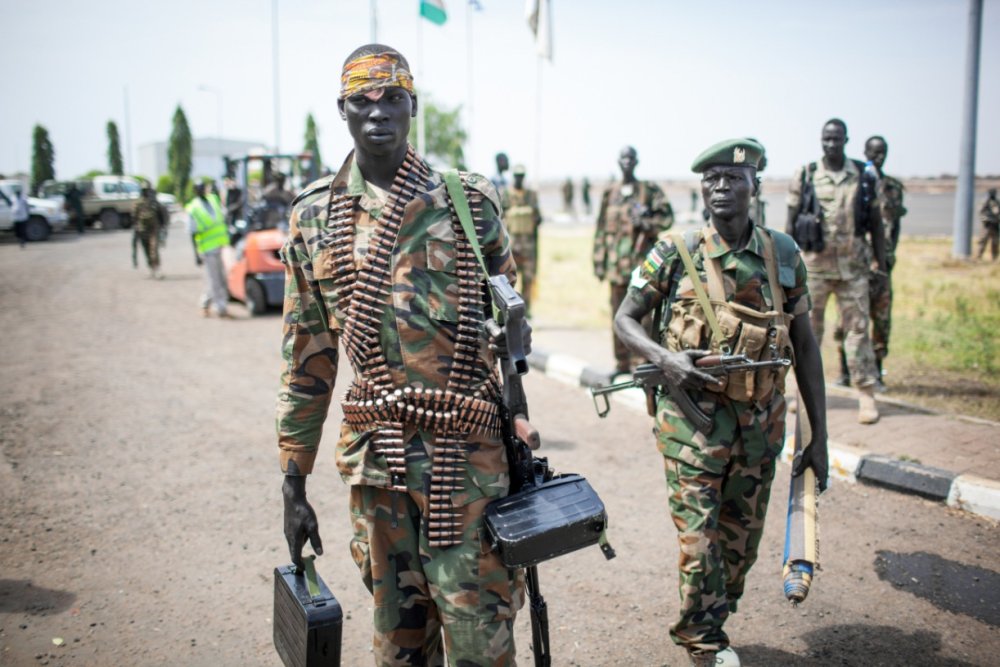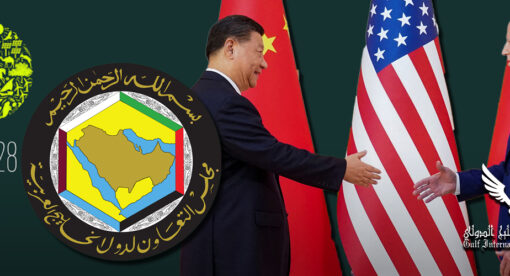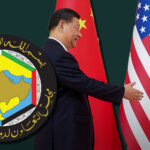This armed conflict has the potential to spill over and spark other regional conflicts, specifically in impacting Egypt.
On April 15, clashes between the Sudanese Armed Forces (SAF) and the Rapid Support Forces (RSF) broke out in the capital city of Khartoum and in the Darfur region of Sudan. Almost a month later, an estimated 500 people have been killed and thousands of civilians wounded. The war between these two rival military groups comes after months of disputes; the two sides worked together to oust the civilian prime minister in October 2012, but as negotiations over the division of power stalled, it led to increased tensions which escalated into the armed conflict we are seeing today. This fighting has the potential to spill over and spark further chaos abroad. Particularly worth paying attention to is neighboring Egypt to the north.
In the past month, it is estimated that over 90,000 Sudanese refugees have journeyed into Egypt; the real numbers are likely much higher, as thousands are waiting at the border—without shelter, safe drinking water, and reliable food—to cross over. Yet Egypt itself is not the ideal safe haven: it is currently grappling with an economic crisis, severe food shortages, and a devaluation of its currency, the Egyptian pound. Over the past year, Cairo has been borrowing large sums of money from the International Monetary Fund and the World Bank, further increasing its debt. If Egypt cannot rectify its worsening economic situation, the resulting instability may lead to widespread civil unrest, protests, and an exacerbated humanitarian crisis that could ripple throughout the North African region.
Read the rest in The National Interest.








